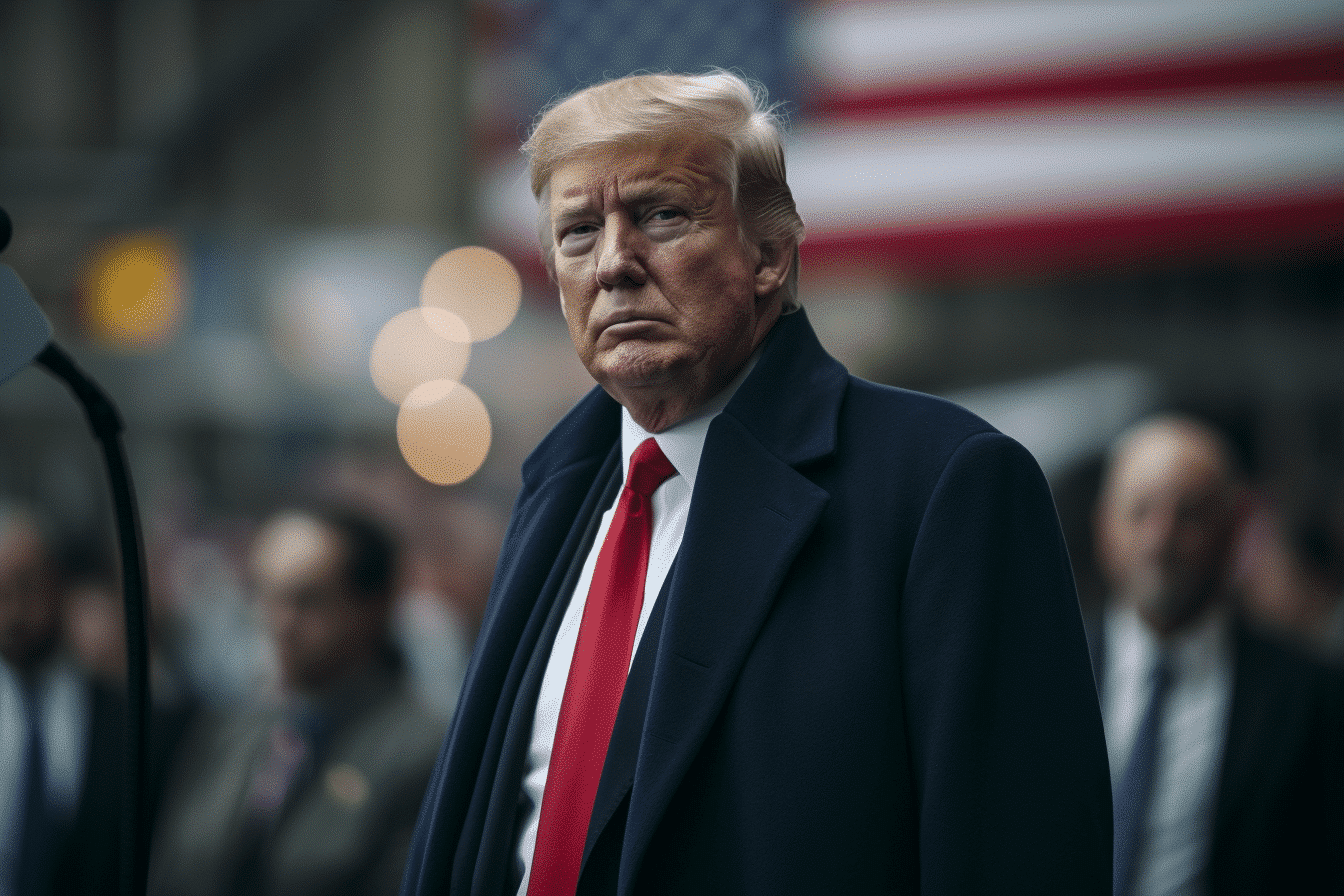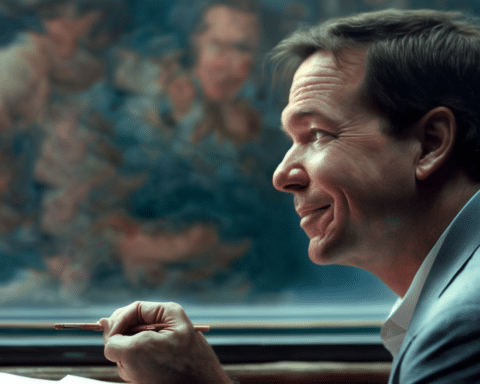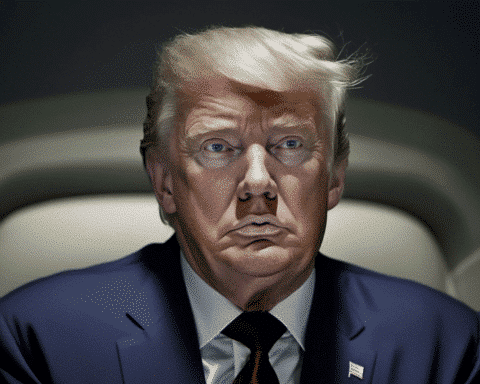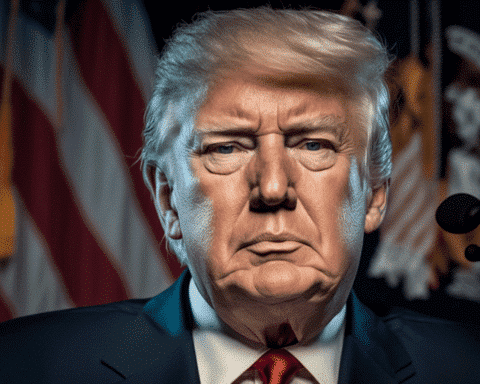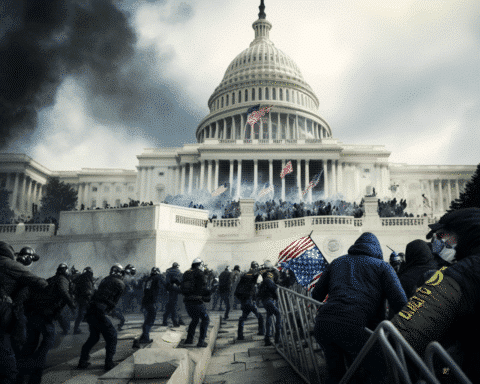In the evolving landscape of American politics, a recurring topic among journalists is the potential implications of a second Donald Trump presidency. As the 2024 election draws nearer, prominent media outlets have delved deep into this what-if scenario, analyzing its impact on democracy, foreign policy, and domestic affairs. This speculative exercise, influenced by recent polls and Trump’s enduring influence, raises critical questions about the future of the United States and its global role.
The New York Times team, comprising Charlie Savage, Jonathan Swan, and Maggie Haberman, has explored Trump’s authoritarian tendencies and the diminished checks on his power. They ponder, “What if Trump were to leave NATO?” This query underlines the global implications of such a presidency.
Jeffrey Goldberg of The Atlantic echoes these concerns. His magazine’s special issue, featuring 24 essays on a potential Trump presidency, advises readers to engage with the content gradually due to its weighty subject matter. Goldberg emphasizes, “though perhaps not in one sitting, for reasons of mental hygiene,” highlighting the mental toll of such contemplations.
The Washington Post’s analysis, including insights from Editor-at-large Robert Kagan, paints a stark picture of Trump’s possible dictatorial ambitions. Kagan suggests that a Trump dictatorship is “increasingly inevitable.” Meanwhile, the Associated Press focuses on the campaign rhetoric and the conservative groups’ planning for a Trump return.
Jack Shafer of Politico and Axios offer insights into Trump’s power dynamics and speculate on his administration’s composition, raising the hypothetical, “Can you say Vice President Tucker Carlson?”
David Halbfinger of the Times underlines the gravity of the situation: “We cover democracy now. Everybody has to take their jobs seriously.” This statement reflects a shift from traditional ‘horse race’ journalism to what Jay Rosen of New York University describes as “stakes journalism.” Rosen emphasizes the growing plausibility of threats to democracy.
The media’s exploration of a second Trump term reflects a broader concern about the future of democracy in the United States. While some view this reporting as biased or alarmist, others, like Margaret Sullivan and Jeffrey Goldberg, see it as a crucial effort to inform and prepare the public. As Goldberg suggests, sharing insights from The Atlantic could enlighten the “on-the-fence uncle,” symbolizing the media’s role in shaping understanding and discourse. Regardless of the varied perspectives, this conversation underscores a pivotal moment in American political history.
